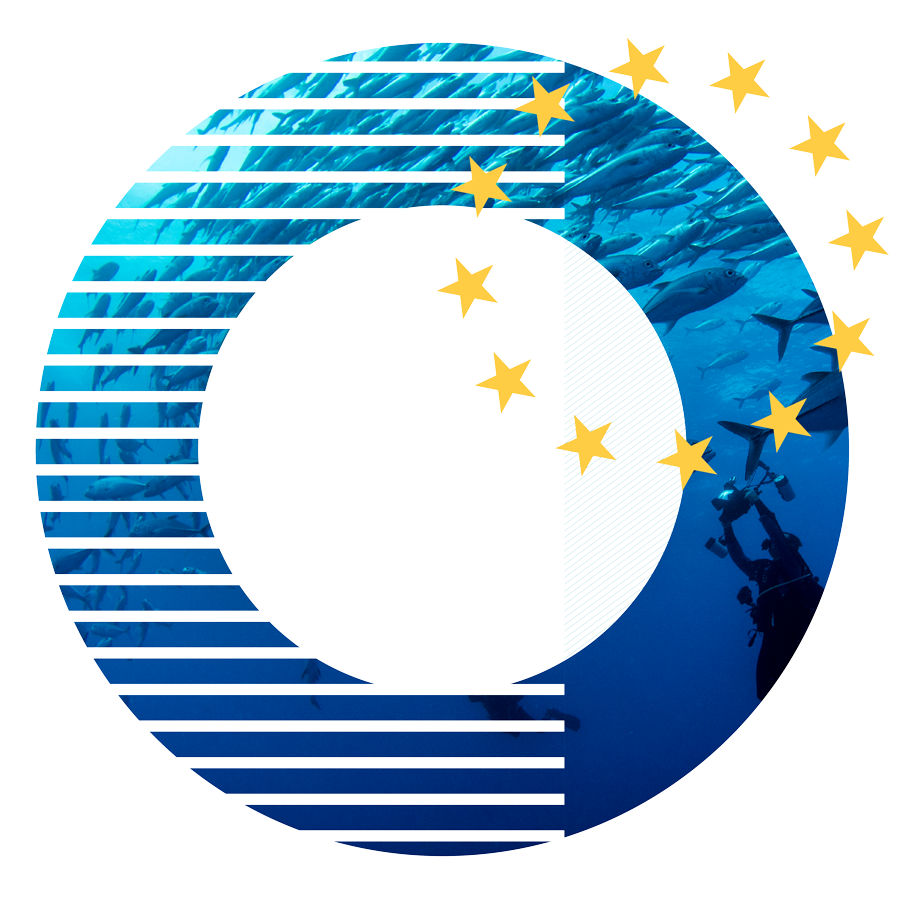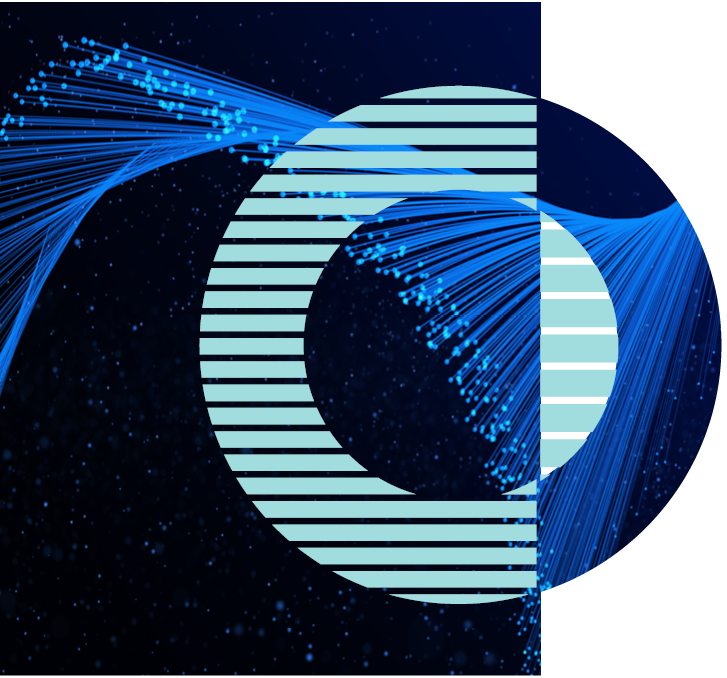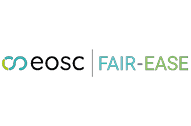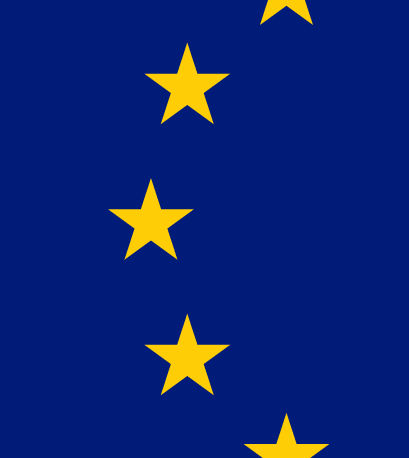
FAIR-EASE
A Horizon Europe project
Data collection, management & analysis

FAIR-EASE builds upon the European Open Science Cloud (EOSC), an ecosystem of research data and related services, to develop customizing and operating distributed and integrated services for earth system, environment, biodiversity observation and modeling. The project aims to improve various components of these services through close cooperation with user communities, EOSC, and research infrastructures, ensuringt heir effective design and sustainable availability.
EMBRC provides cutting-edge, interdisciplinary, and customised services to help build interoperable earth science and environmental services

This project was co – funded by the European Union (GA# 101058785 – FAIRE – EASE).
Views and opinions expressed are however those of the author(s) only and do not necessarily reflect those of the European Union. Neither the European Union nor the granting authority can be held responsible for them.


